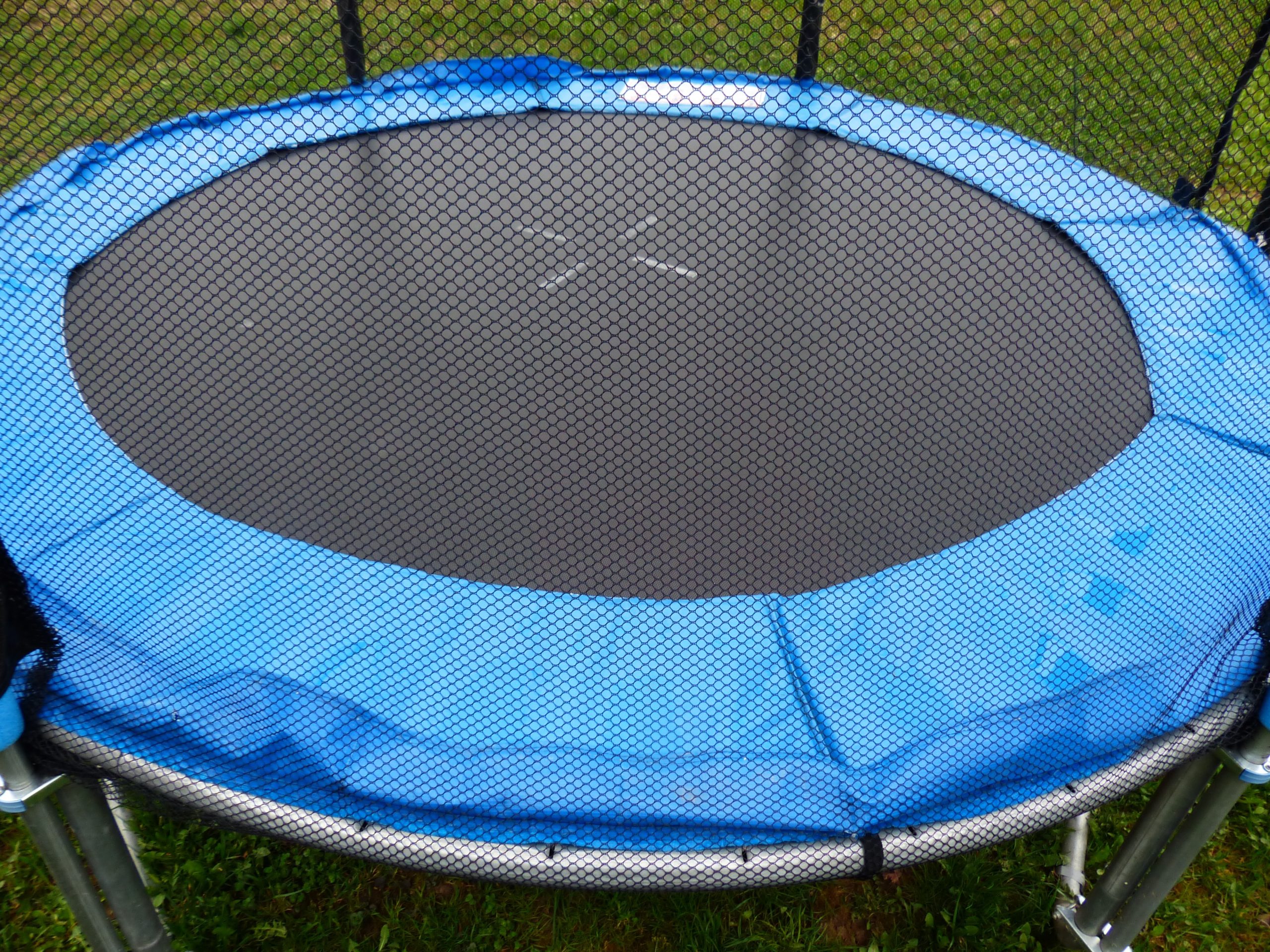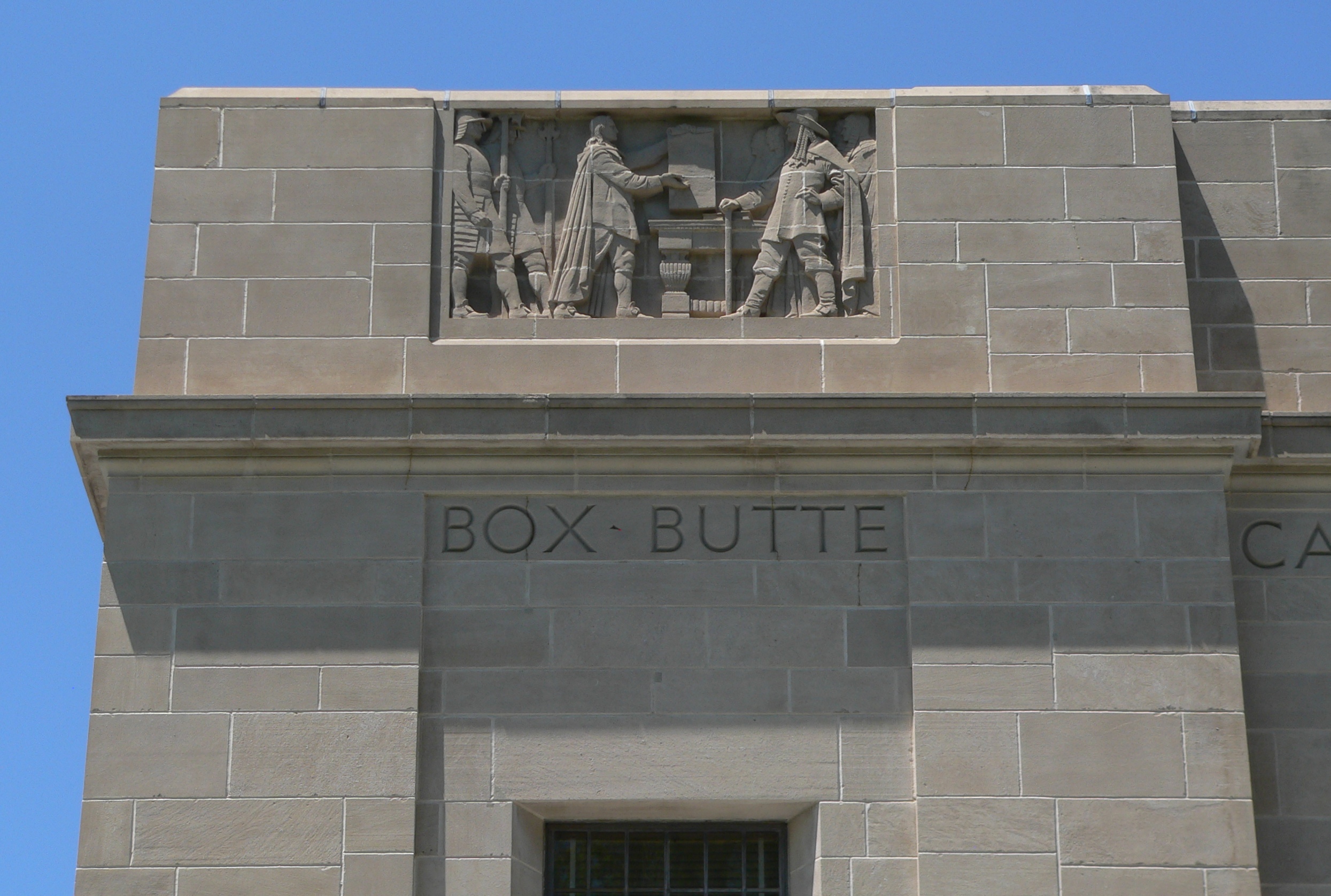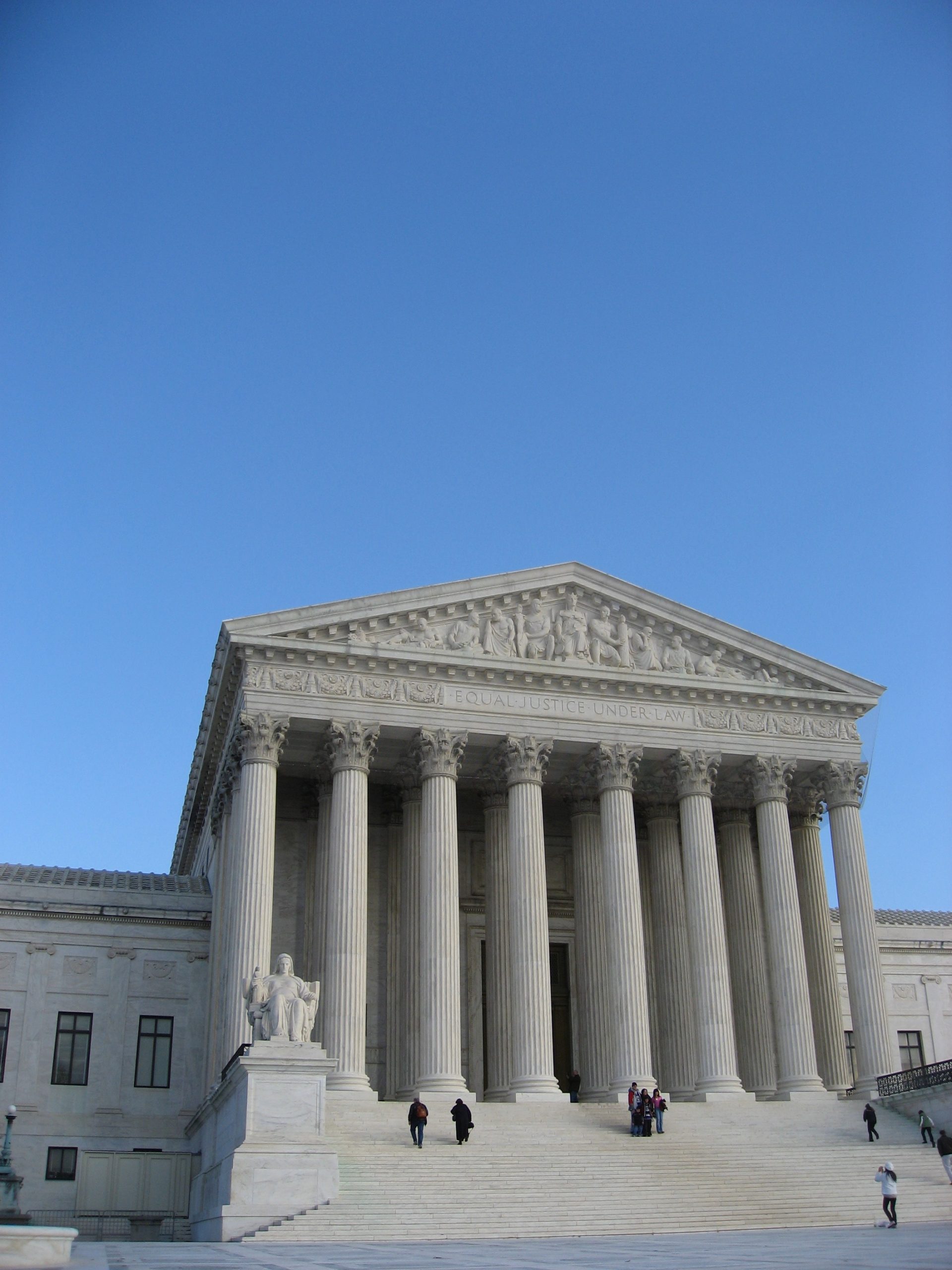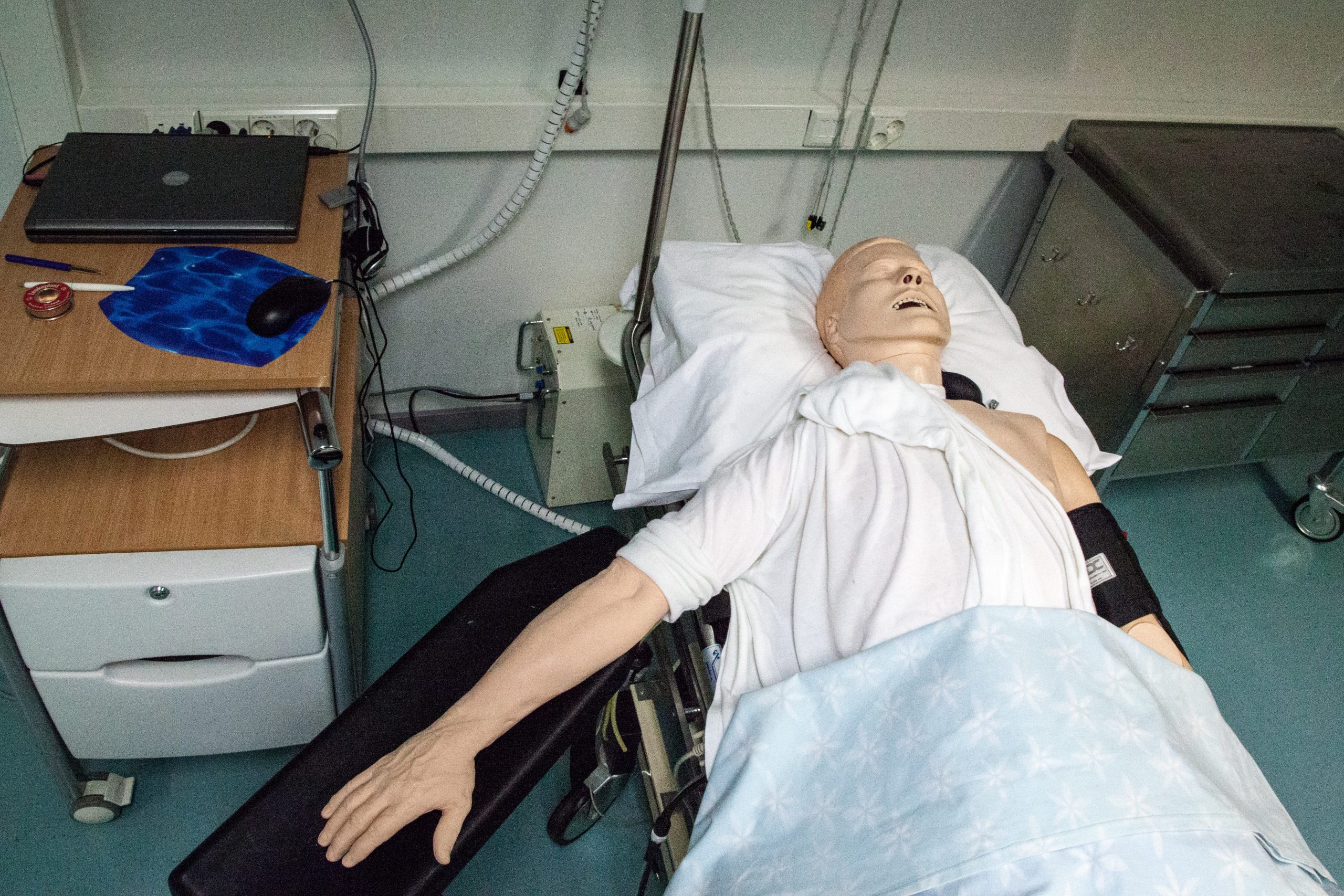 In the legal system, dissenting opinions, i.e., opinions delivered by one or more judges who disagree with the decision, play a crucial role in shaping the interpretation and application of the law. They provide valuable insights into alternative viewpoints, often sparking discussion and debate and ultimately leading to the evolution of jurisprudence. One such notable dissenting opinion can be found in the case of Christopher Blanchard v. Demetrius J. Hicks et al., authored by Justice Cooks. In this blog post, we look at the case, the arguments made in the dissent, and the importance of dissent in the legal landscape.
In the legal system, dissenting opinions, i.e., opinions delivered by one or more judges who disagree with the decision, play a crucial role in shaping the interpretation and application of the law. They provide valuable insights into alternative viewpoints, often sparking discussion and debate and ultimately leading to the evolution of jurisprudence. One such notable dissenting opinion can be found in the case of Christopher Blanchard v. Demetrius J. Hicks et al., authored by Justice Cooks. In this blog post, we look at the case, the arguments made in the dissent, and the importance of dissent in the legal landscape.
The case of Christopher Blanchard v. Demetrius J. Hicks et al. arose from an incident in which Officer Blanchard’s patrol car was struck by a stolen truck. The plaintiff, Officer Blanchard, alleged that the defendant, Demetrius J. Hicks, was negligent in leaving his vehicle unattended with the keys in the ignition and the engine running, thereby facilitating the theft that led to the accident.
The majority of the court relied on the precedent set by the Supreme Court’s decision in Racine, which held that leaving keys in a vehicle does not create liability for the motorist if a thief steals the car and causes injury to a third party. However, Judge Cooks dissented from the majority’s opinion, arguing that Racine does not dispose of the factual matter at hand.
 Insurance Dispute Lawyer Blog
Insurance Dispute Lawyer Blog


 Gender Discrimination has unfortunately been around for as long as time, infiltrating many corners of people’s lives. But when you feel discriminated against at your high school, the lawsuit process can be much trickier than some might think. The Court of Appeals for the Fifth Circuit addresses whether a Title IX claim can be brought and successfully won when a picture is posted to the internet, violating a school’s policy.
Gender Discrimination has unfortunately been around for as long as time, infiltrating many corners of people’s lives. But when you feel discriminated against at your high school, the lawsuit process can be much trickier than some might think. The Court of Appeals for the Fifth Circuit addresses whether a Title IX claim can be brought and successfully won when a picture is posted to the internet, violating a school’s policy.  Wills and testaments often lead to family drama after a family member dies. Fights over control, money, and inheritance can lead to many legal and emotional battles. When those battles of power come to a legal setting, how do courts assess if a will has validly identified a new overseer of the estate?
Wills and testaments often lead to family drama after a family member dies. Fights over control, money, and inheritance can lead to many legal and emotional battles. When those battles of power come to a legal setting, how do courts assess if a will has validly identified a new overseer of the estate? Sometimes, those delightful recreational activities we all enjoy carry an inherent risk. Often, we assume the risk of those injuries when we engage in that potentially reckless conduct. Knowing your legal options following these injuries is necessary, mainly because recovering for these somewhat ordinary injuries can be difficult. What does it look like when a party cannot recover for a recreational injury–here, an injury from a trampoline park visit?
Sometimes, those delightful recreational activities we all enjoy carry an inherent risk. Often, we assume the risk of those injuries when we engage in that potentially reckless conduct. Knowing your legal options following these injuries is necessary, mainly because recovering for these somewhat ordinary injuries can be difficult. What does it look like when a party cannot recover for a recreational injury–here, an injury from a trampoline park visit? Summary judgment is designed to enable judicial expediency and cost-effectiveness in the courts. It is an important and complicated procedure that can occur repeatedly during litigation. When summary judgment is asserted repeatedly in the same case, how do parties prevail in their attempts to get or defeat summary judgment motions? The following case helps answer that question.
Summary judgment is designed to enable judicial expediency and cost-effectiveness in the courts. It is an important and complicated procedure that can occur repeatedly during litigation. When summary judgment is asserted repeatedly in the same case, how do parties prevail in their attempts to get or defeat summary judgment motions? The following case helps answer that question.  When an individual sustains an injury while on the job, the anticipation of receiving workers’ compensation to tide them over during their recovery is natural. Regrettably, situations arise where companies are unwilling to shoulder this responsibility. The scenario becomes more intricate when a parent company distances itself from its subsidiary’s actions, attempting to evade liability for workplace injuries. This particular Louisiana Court of Appeals case delves into corporate responsibility, illuminating the circumstances under which a parent company is held accountable for the safety measures enacted by its subsidiary entities.
When an individual sustains an injury while on the job, the anticipation of receiving workers’ compensation to tide them over during their recovery is natural. Regrettably, situations arise where companies are unwilling to shoulder this responsibility. The scenario becomes more intricate when a parent company distances itself from its subsidiary’s actions, attempting to evade liability for workplace injuries. This particular Louisiana Court of Appeals case delves into corporate responsibility, illuminating the circumstances under which a parent company is held accountable for the safety measures enacted by its subsidiary entities. Picture this: you’re enjoying your daily dose of local news when your name surfaces amidst a hailstorm of defamatory allegations. Your reputation takes a blow, and you decide to fight back by filing a lawsuit. This might sound like a gripping storyline from a TV courtroom drama, but for Mary R, this was a harsh reality. Today we’ll delve into her case, a fascinating battle highlighting the intriguing intersections between public figures, free speech, and defamation law.
Picture this: you’re enjoying your daily dose of local news when your name surfaces amidst a hailstorm of defamatory allegations. Your reputation takes a blow, and you decide to fight back by filing a lawsuit. This might sound like a gripping storyline from a TV courtroom drama, but for Mary R, this was a harsh reality. Today we’ll delve into her case, a fascinating battle highlighting the intriguing intersections between public figures, free speech, and defamation law. Louisiana’s Workers’ Compensation fund exists to pay employees injured at work. Payment can be used for medical care and lost wages. When parties sign a settlement agreement on payment terms, an employee may assume payment is imminent. In a recent case from Rapides Parish, an employee discovered some conditions in a settlement may delay payment.
Louisiana’s Workers’ Compensation fund exists to pay employees injured at work. Payment can be used for medical care and lost wages. When parties sign a settlement agreement on payment terms, an employee may assume payment is imminent. In a recent case from Rapides Parish, an employee discovered some conditions in a settlement may delay payment.  Injury in the workplace can usually be avoided with proper safety measures in place. Safety measures, however, become hard to enforce when minors and adults work in conjunction. This was the case for Austin Griggs, an illegally employed minor injured in a forklift accident while working.
Injury in the workplace can usually be avoided with proper safety measures in place. Safety measures, however, become hard to enforce when minors and adults work in conjunction. This was the case for Austin Griggs, an illegally employed minor injured in a forklift accident while working. A visit to the hospital is a stressful and anxious time for patients and family members. Most people, however, assume that their doctors are competent and will administer the proper standard of care. This was not the case for Richard Smallwood.
A visit to the hospital is a stressful and anxious time for patients and family members. Most people, however, assume that their doctors are competent and will administer the proper standard of care. This was not the case for Richard Smallwood.